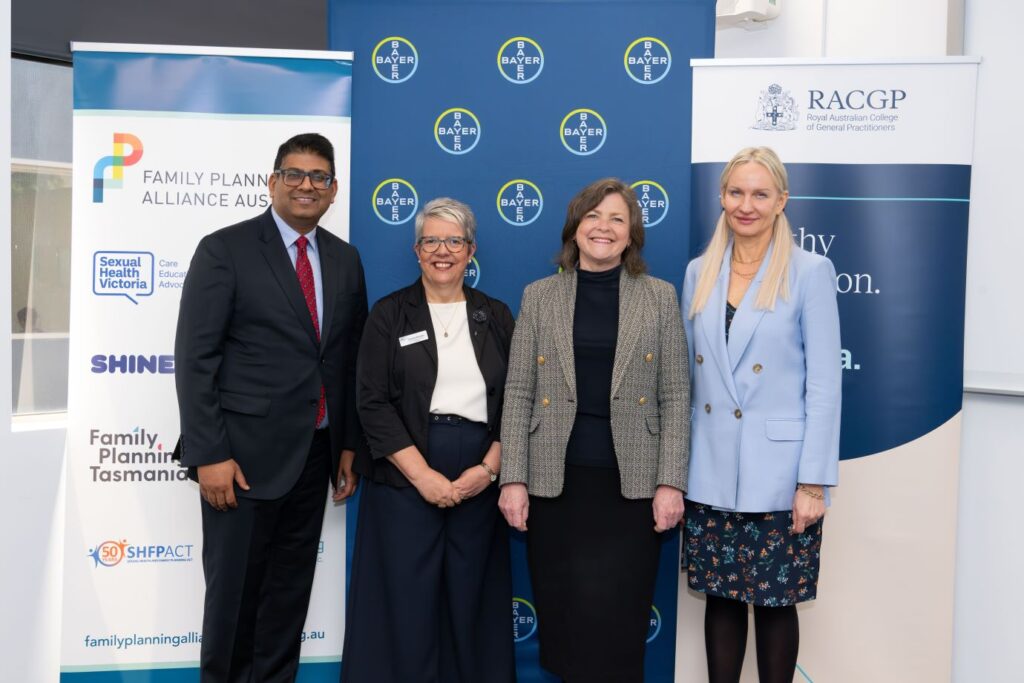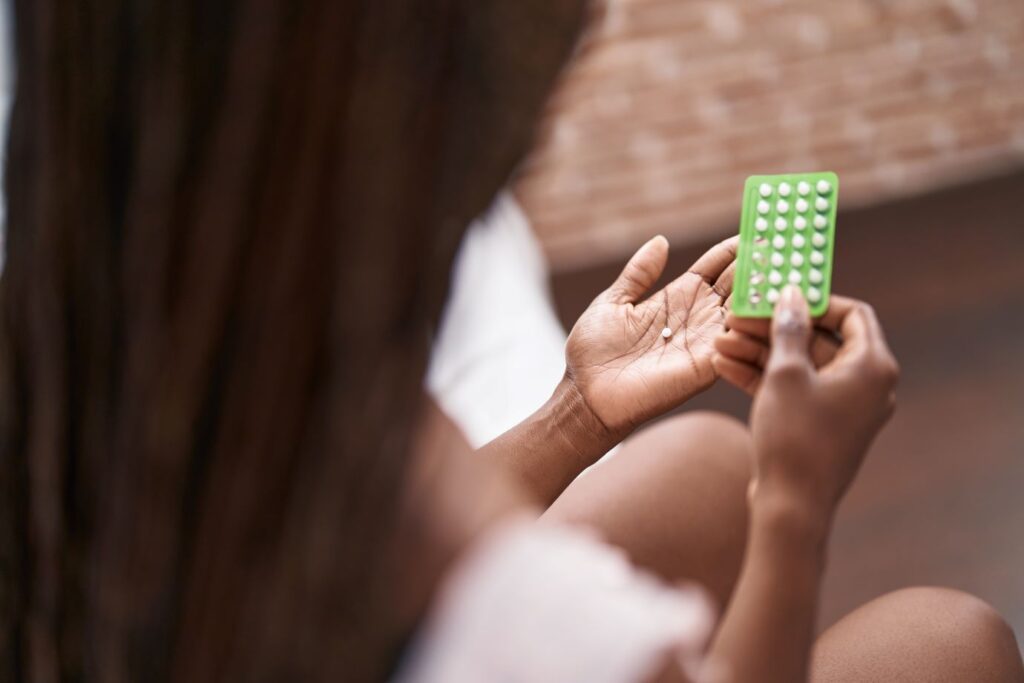Seven in ten Australian women say they have insufficient education on contraception, while 32 per cent of young women say they regularly experience anxiety about their current contraceptive method.
These figures come from a new national survey on contraception released on Thursday by Assistant Minister for Health, Ged Kearney.
More than 1000 Australian women aged 18 to 45 participated in the survey, with over one third of women (35 per cent) saying they had experienced a pregnancy scare. Meanwhile, 38 per cent of women said they had taken emergency contraception.
Family Planning Alliance Australia Chair, Caroline Mulcahy said we must better empower women with the knowledge they need to make informed decisions about contraception.
“These findings highlight a significant gap in our current system, which fails to support contraceptive choice due to accessible reliable information,” Mulcahy said.
Forty-two per cent of women said a fear of side effects was stopping them from trying a new method of contraception, while 21 per cent said they were concerned about the time and money needed to make a switch.
Seventeen per cent of women said they didn’t know enough to make informed decisions about new options.
Mulcahy noted that Australia’s uptake of long-acting reversible contraception lagged behind other OECD nations.
“It is a woman’s fundamental right to have choices when it comes to their reproductive health. They deserve access to effective and affordable contraceptives, like long-acting reversible contraceptives (LARCs), and they deserve a health system that meets their needs,” Mulcahy said.
“Although LARCs are one of the most effective forms of reversible contraception it is used by only 11 per cent of women aged 15 to 44 in Australia.
“We need to bridge the gap between Australia and other OECD countries on this critical aspect of women’s health. The UK as an example has a LARC uptake of 44.1 per cent.”
The findings from the Contraception Choice 2024 survey are backed by a new women’s health collaboration between Family Planning Alliance Australia, Royal Australian College of General Practitioners, and Bayer. They are advocating for a number of key reforms to the Medicare Benefits Schedule (MBS), including increasing the MBS rebate for the insertion of intrauterine devices (IUDs), expanding consultations for women’s health items, and a national contraception awareness campaign to address gaps in education and to combat misinformation.

“Ensuring patients have access to information on all the options for contraception is key to improving health, wellbeing, and social outcomes,” said Dr Lara Roeske, Chair of the Royal Australian College of General Practitioners (RACGP).
“Increasing patients’ Medicare rebates and supporting training for GPs on IUD insertion will help ensure our frontline healthcare professionals spend the time required and are equipped and remunerated to provide these important services.”


